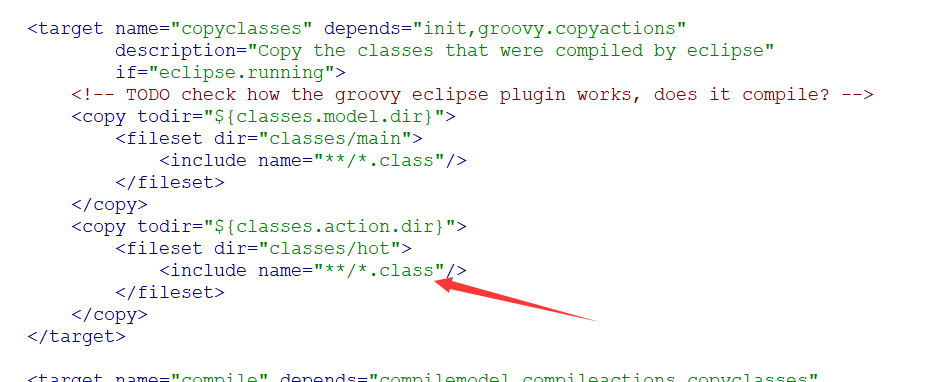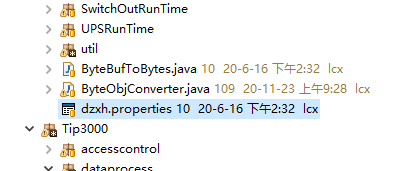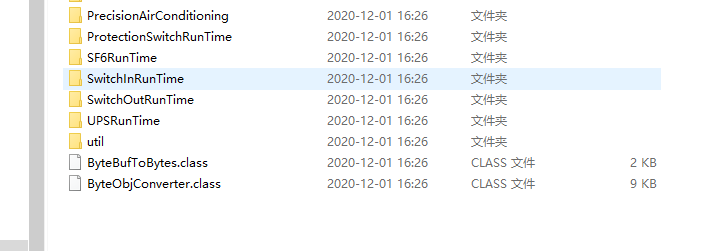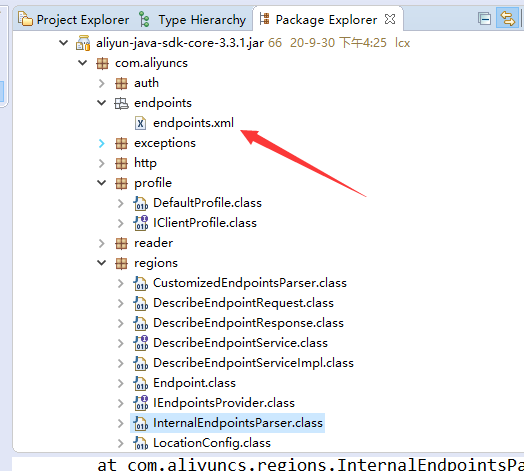读取配置的方式
1、ResourceBundle.getBundle,配置文件得放在 WEB-INF\class 目录下
package com.seam.mango.action.config; import java.util.MissingResourceException; import java.util.ResourceBundle; import org.jboss.seam.ScopeType; import org.jboss.seam.annotations.Create; import org.jboss.seam.annotations.Logger; import org.jboss.seam.annotations.Name; import org.jboss.seam.annotations.Scope; import org.jboss.seam.annotations.Startup; import org.jboss.seam.log.Log; import com.seam.mango.action.home.ActionHome; @Scope(ScopeType.APPLICATION) @Startup(depends = "systemConfigAction") @Name("appMessageAction") public class AppMessageAction extends ActionHome { private static final long serialVersionUID = -3238871819741809897L; @Logger private Log log; private ResourceBundle resourceBundle; @Create public ResourceBundle loadBundle() { String bundleName = "mango-app"; try { resourceBundle = ResourceBundle.getBundle(bundleName); } catch (MissingResourceException mre) { log.error("resource bundle missing: " + bundleName); return null; } return resourceBundle; } public String getMessage(String key) { String value = ""; try { value = resourceBundle.getString(key); } catch (Exception e) { value = key; } return value; } }
2、getResourceAsStream,配置文件放在package里,但是ant的build.xml配置文件得让配置文件也能写到war包中,否则只有class文件能被写到war包中
package com.Socket.util; import java.io.InputStream; import java.util.Properties; import com.Socket.event.FrequencyProperty; public final class PropertiesUtil { private static Properties prop; static { prop = new Properties(); try { InputStream in = PropertiesUtil.class.getResourceAsStream("com.Socket/dzxh.properties"); prop.load(in); } catch (Exception e) { e.printStackTrace(); } } public static String getPropertity(String key) { return prop.getProperty(key); } // public static void main(String[] args) { // System.out.println(PropertiesUtil.getPropertity("jxt.db.userName")); // System.out.println(PropertiesUtil.getPropertity("yxt.db.host")); // } }
如下图所示,配置文件并未写到war包中



3、在jar包里看到的,用的也是getResourceAsStream



4、
package com.Socket.event; import java.io.IOException; import java.util.Properties; public class PropertyMgr { private static Properties props = new Properties(); static { try { props.load(PropertyMgr.class.getClassLoader().getResourceAsStream("hot/com/Socket/event/config.properties")); } catch (IOException e) { e.printStackTrace(); } } public static String getProperty(String key) { return props.getProperty(key); } }

